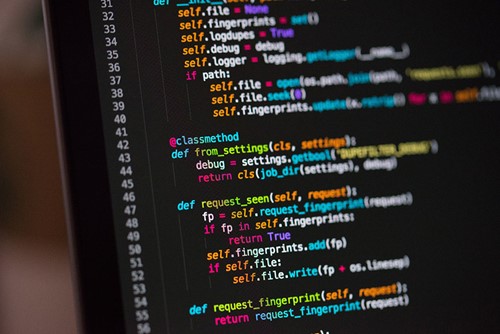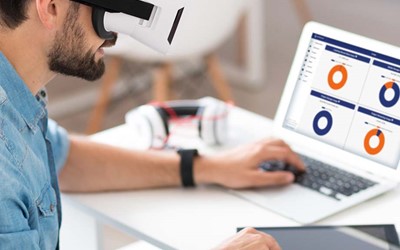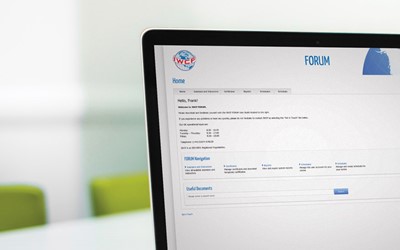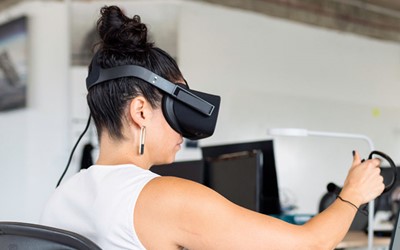AI, Robotics, Cobotics and IoT as business disruptors
Disruption can happen when a new or existing business makes a significant change and becomes the market leader. So, what are some business disruptor examples and what impact are these having?
Posted 7 December 2018
Amazon was originally a business disruptor for book and music stores and continues to disrupt the retail market by attacking traditional retail business models.
Google’s business model is also a disruptor, with Google search engine and Chrome browser now the market leaders. And with the introduction of Android, Google has also disrupted the mobile phone market. In fact, Google Labs are bringing out new products and releasing code into the market to lead disruption.
Business Disruption Trends
However, business disruptors by no means need to be multinationals. Trends that disrupt the market can bring hosts of different companies into the limelight, while others fade. One disruptive trend that is gathering pace is Artificial Intelligence (AI) including Machine Language (ML). This is similar to the Internet disruption trend where the technology will just be part of our lives in the future, even though, at the moment, we don’t quite know how this will all pan out.
What is AI and ML?
Let’s start with ML. This is a programming method of creating algorithms, (mathematical processes) that capture large amounts of data from devices or other programs. AI covers the prediction models that are used on this large data set to determine possibilities or conclude a response, depending on what kind of data has been collected.

Disruption in Action
One business disruption trend example that uses AI, that you may have already encountered, is chatbots. These bots use speech or text recognition and are able to determine an appropriate response.
If you have been in touch with a call center recently, there’s a good chance your conversation partner may have been a bot. This is a definite disruptor, as call centre bots can deal with hundreds of calls at once, so customers don’t need to wait in a queue. And the staff working in these posts can often be upskilled and analyze and work on resolutions.
Increasing production capacity
And as production processes become more and more autonomous, the stage is set for AI to contribute to increasing production capacity.
Robots and cobots have previously relied on fuzzy logic, a fore runner of AI, to predict their movements in 3D space. Now though, new robots are being developed that use AI techniques.
So where might disruption occur?
Here are some sound bites that might help…
- 2/3rds of UK businesses have a digital skills gap to fill, something for which ML and chatbots would be perfectly suited
- SMEs need to embrace digital transformation to be competitive as well as adopting technology such as cobotics and drones
- Quantum computing will protect data to stop it being tampered with - as current encryption algorithms will become defunct.
- Companies offering real-time data analysis will lead the way in predicting sales of new products e.g., Anonymous Data from Hive users can show when households are suffering fuel poverty
- Using big data in your company can show you when your HR policies are not being applied correctly
- And marketing companies use AI with big data to show how to get a better deal on purchases
How could business disruption affect me?
In the future, if it can be predicted, use of AI will only increase. Talk to us about what disruption could mean for your organisation and ask us how learning technologies can help.
Recent Posts
Benefits of Online Assessment for Awarding OrganizationsDriving your performance and compliance
Enhancing compliance through performance management and digital learning solutions
10 Reasons Why You Need A Digital Learning Solution in Your Workplace
Mastering remote & hybrid learning with analytics


